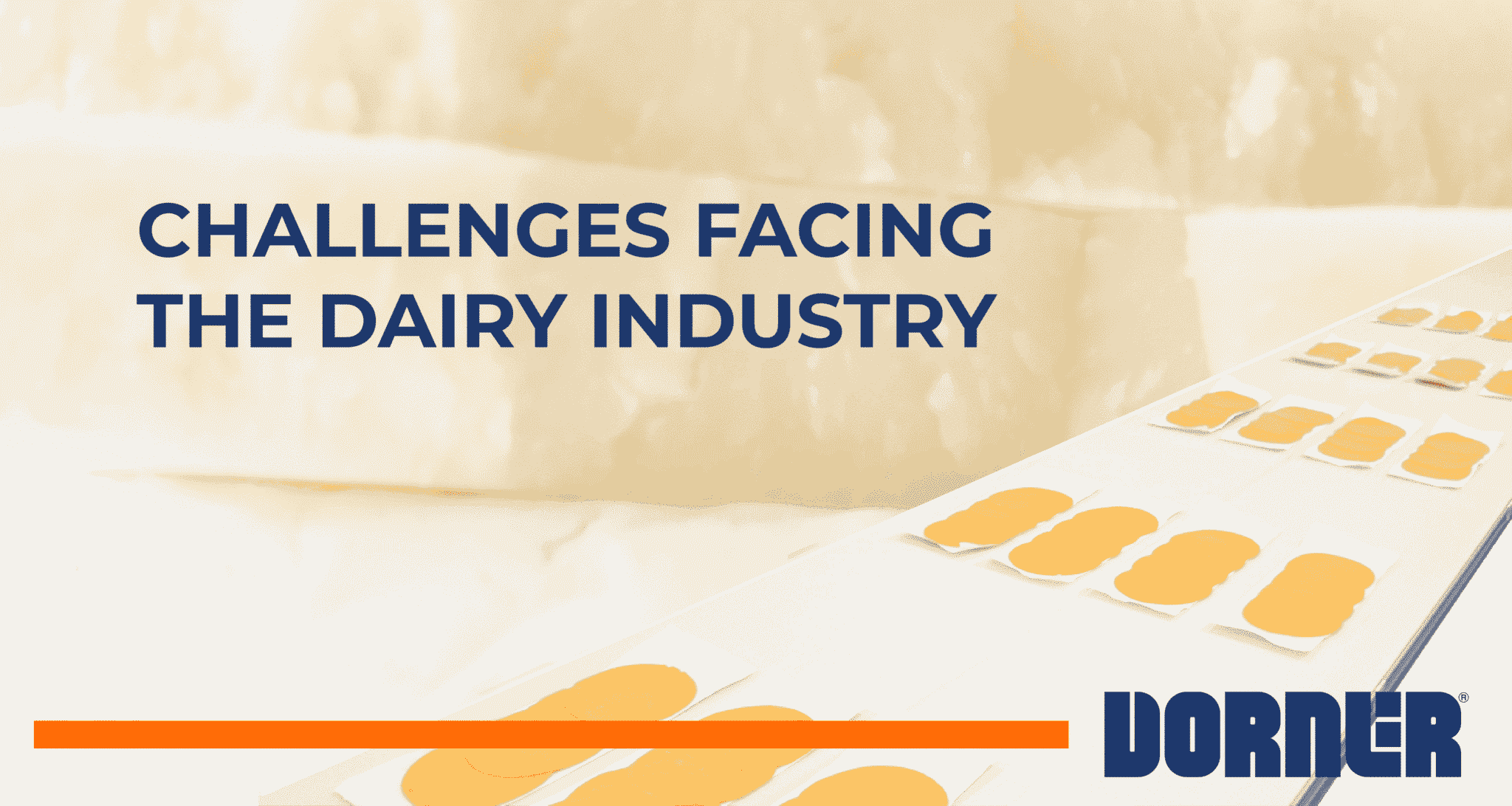
The economic upheaval in the past few years has facilitated significant change across many industries, and dairy producers are some who are feeling these changes. Challenges affecting the dairy industry range from increased demand for plant-based food, to growing awareness of large dairy producers’ impact on the environment.
Consumers are becoming more involved with addressing climate change and making informed decisions about the food they eat, so it’s important for dairy producers to be aware of these market changes and adjust their products to meet the new demands.
Plant-based products
There are a number of factors that have increased the demand for plant-based food products such as the health effects of animal products and the welfare of animals within the meat and dairy industries.
However, according to Adams et al, the pandemic has also facilitated changes in consumer tastes. A survey showed that many dairy consumers branched out and tried new things in the past two years. This involved a significant blending of plant based dairy substitutes and traditional dairy products.
There is also an increased awareness of the different health benefits of dairy and plant-based alternatives, which is driving many consumers to blend their food choices to get the “best of both worlds.”
In response to the growing plant-based niche in the dairy market, some dairy producers are expanding their product lines to include plant-based products in hopes of carving out their own spot in this market.
Conversely, others are pushing towards new marketing initiatives to spread more awareness among consumers of the nutritional benefits of dairy products versus plant-based.
Laboratory Cultivated Products
In response to the concerns over the dairy industry’s effect on the climate, as well as animal welfare, small startups are popping up who focus on lab grown animal products. FoodBev Media discusses Remik, a startup that is developing lab cultivated milk and other dairy products that are “genetically indistinguishable” from traditional milk.
The appeal of lab grown animal products is that consumers can enjoy the same flavors and textures of dairy that they always have without the need for animals to be used in the production process. The reduction in live animal usage also appeals to concerns over climate change because it eliminates the need for industrial farms whose animals produce 14.5% of the world’s methane and other greenhouse gasses.
While lab-grown dairy is still in its infancy, it is an industry that is expected to grow in the next decade, and could significantly change the dairy industry as a whole.
Sustainability and Environmental Effects
The production of methane and other greenhouse gasses has long been a criticism of the dairy industry, but it’s coming under more scrutiny as climate change is growing in severity.
Despite activists pushing for the industry to move away from mass produced animal products towards plant based alternatives, there is a growing demand for dairy products. But how can producers balance the demand and the need for sustainable practices?
Some companies are looking to the packaging end of production to find places where increased sustainability can be implemented. A push away from plastics has created unique innovations in packaging dairy in a way that’s sustainable, affordable, and maintains the shelf-life of the products.
Some companies are utilizing edible film packaging made from proteins or gelatin-like material as a way of wrapping cheeses in airtight packaging similar to plastic, but easily compostable by consumers. This example is on the extreme end of what can be possible in sustainable packaging, but it’s encouraging to see companies thinking outside of the box.
Others are finding that even adjusting what type of plastic they use – switching from rigid plastic to squeezable tubes – is showing positive results in reducing food waste and material usage in packaging.
Dorner is Here to Help
These are only a few of the challenges faced by the dairy industry, and the market environment is constantly changing. Creating flexibility in production and practices is one way that diary companies can maintain a foothold in the market and continue to thrive in coming years. Dorner’s AquaPruf Ultimate conveyors are designed to do just that.
The AquaPruf Ultimate received a 3A certification, making it the ideal choice for dairy manufacturing and packaging. This conveyor is also designed to be quickly cleaned without the use of special tools. The unique tip up tail allows the belt tension to be released so the top and underside of the belt, as well as every surface of the frame can be cleaned.
Dorner’s entire line of sanitary stainless steel conveyors are designed with flexibility, adaptability, and efficiency in mind. Whether a company has is introducing a plant-based option into their product line and needs to implement an allergen washdown, or they are changing the way they process and package their products, Dorner is here to help. Contact us today for a quote or to learn more about how our conveyors can work for your application.





